What I am enslaved by is what everyone else expects…
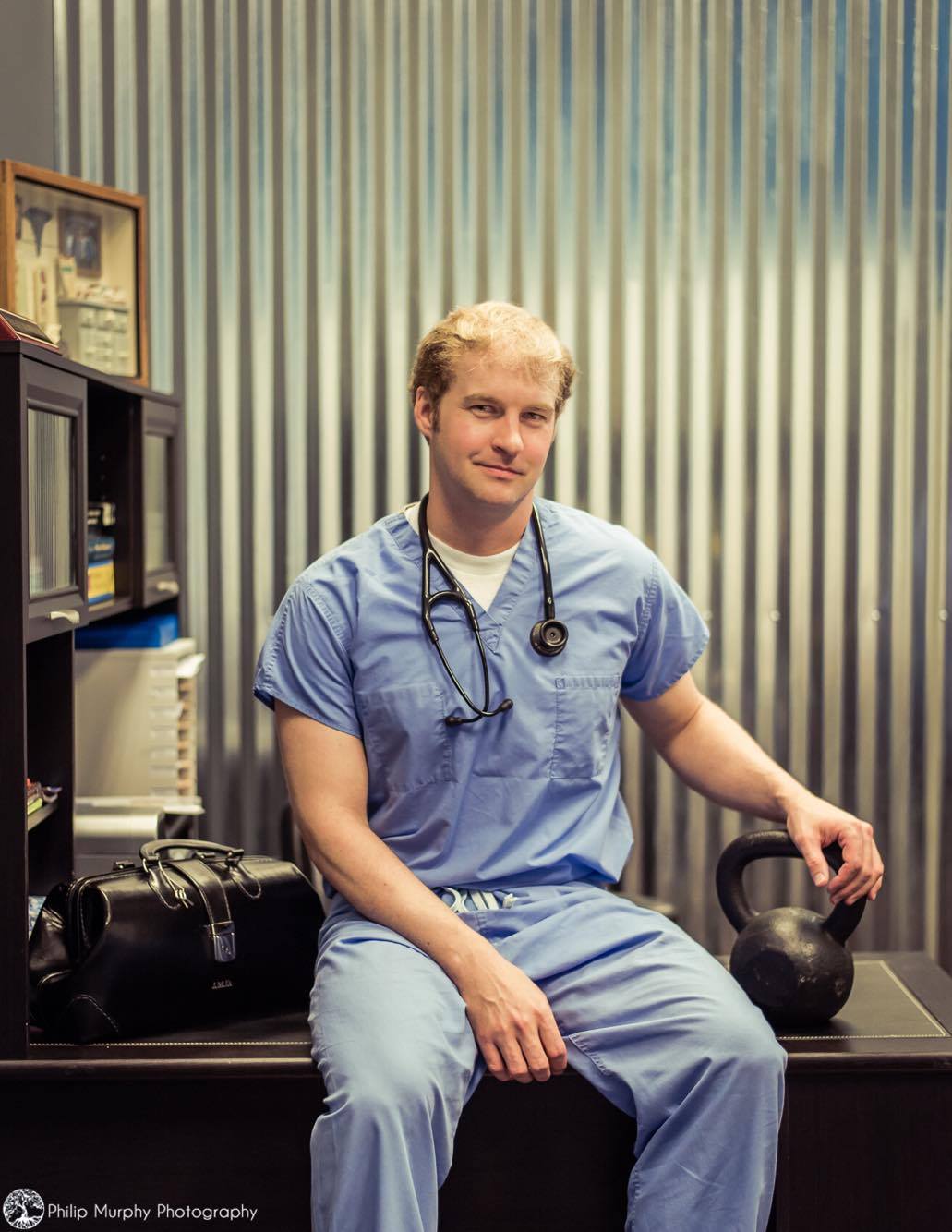
Dr. Jeremy Draper – The CrossFit Doctor
[podcast src=”https://html5-player.libsyn.com/embed/episode/id/5161793/height/90/width/450/theme/custom/autonext/no/thumbnail/yes/autoplay/no/preload/no/no_addthis/no/direction/forward/render-playlist/no/custom-color/88AA3C/” height=”90″ width=”450″]
Dr. Jeremy Michael Draper is “The CrossFit Doctor”. Dr. Draper is a Family and Functional Medicine certified Physician in Memphis, Tennessee. He has his own practice which combines his love of medicine and patient care, with his love for exercise training. He provides many great points of wisdom and information for all levels of medicine and health professionals!
Note: I want to apologize in advance for some minor high-pitched ringing and cracking noises in the audio.
Learn more from Jeremy!
e-mail: md@wellfitmedicine.com
websites: http://wellfitmedicine.com/ and http://metaboliccrossfit.com/
Top Points
- “What is your passion? You don’t have to work a day in your life when you find your passion”
- Tips if you want to “go rouge” and start a cash based practice: “offer patients something they can’t get with traditional insurance/co pay. The quality must be elevated for patients to see this sort of practice”
- Saying no to insurance: Jeremy tried to utilize insurance pay for two years. Found it very difficult to navigate and reuduced his ability to see patients by almost 50%
- Online scheduling and software helps Jeremy run his practice with low overhead cost and enhance the patient experience (look below for links of the software he uses).
- Happiness: “Being able to make a difference and feeling like I am able to offer something of value to another person, they could not necessarily receive otherwise”
- We (doctors) need to prioritize our own health. Why is there a disconnect with our own health and our patients? I wonder why we are worse off than some of our patients
- Medicine will suck as much out of you as you allow it (so protect yourself)
- The best advice he ever received: don’t settle. When you are on your own it is up to you and this can be very empowering if you are ready to take ownership. life is too short not to go for it completely and live it passionately.
- Biggest improvement for students and residents: Stop practicing “check list medicine” – By the time you are checking off all the boxes you haven’t addressed why the patients came in in the first place. We have gotten away from the ability to come up with a good assessment and plan
- Combine what you love: Jeremy combined his love for training and medicine into one roof. What do you love to do? How can you add that in to your work?
Transcript
Note: this weeks notes were truncated for easier readability – Please let us know which format you prefer?
1:01 = Introduction
-Board certified in Family medicine
-Getting certification in Functional Medicine
-Wellness and fitness center in Memphis, Tennessee and another practice in Jackson, Tennessee
1:31 – What is functional medicine
-Seek to aid root cause
-addressing symptoms is important
-frustrated with handing drugs/perscriptions and not addressing root cause
-lifestyle related
-incorporates nutrition and fitness not only supplements and medications
–builds health
2:22 how would a student look into functional medicine?
-find out why you went into medicine in the first place? Most want to make a meaningful difference
-can’t be done with 5 minutes of face time with patient
-what are your interests?
-What is your passion? Don’t have to work a day in your life when you find your passion
–I’m there it’s pretty amazing
3:31 What is your typical day like and why is it ideal?
-See patients starting at 9 AM
-See 3 patients in the morning and 3 patients in the afternoon
– 45 minutes per patient
-Was not satisfied by previous physicians
-Work is challenging and rewarding
-He works four days a week at his clinic
-Friday works at University, teaches medical students and residents
-Takes call Friday night covering labor and delivery with a 24 hour shift
-“ it helps me appreciate Monday through Thursday” –
-sees the typical patient scheduled every 15 minutes in “assembly line medicine”
-has been changing culture in the residency program
-1 resident/1 medical student in his team
-it has become apparent with other physicians, there is a demand for higher level of care medicine
-patients don’t want to wait an hour for a 5 minute visit, not have enough time to address concerns
6:35 if you want to go rouge/cash paid
–offer patients something they can’t get with traditional insurance/co pay
-quality must be elevated for patients to see this sort of practice
Where is your practice located?
-Memphis Tennessee
-There is also one in Jackson Tennessee
7:18 Explain transition from “assembly line medicine” to what you have now
-from residency went to classic primary care clinic – 2 senior physicians
–lots of overhead – 2 physicians, 24 employees
-no matter how hard I tried, I would never be comfortable seeing 25-30 patients
-few months into that, wanted to get out of contract so I’m not miserable
8:20 How did you transition, what was your breaking point, how did you develop yourself
-figured out in 2012 -> riskiest thing was trying to play it safe
-no kids/no family so it was easier to transition
-made effort to live like resident while making “real doctor money”
-put money aside to start up a clinic
-office furniture and basic medical supplies
First two years with an insurance model
-insurance model – failed miserably
-not able to fix a broken system
-needed to create something else
9:43 What was the difficulties with insurance system opposed to direct pay
–insurance is counterintuitive, convoluted, multiple hoops to jump through
-would need staff to handle
-staff would require more volume
-literally had to spend half of time doing insurance, takes too much time
-he later mentions how his nurse practitioner wasn’t able to bill insurance so the nurse had to bill directly. He noticed the nurse practitioner was making four times the amount he was.
10:42 how did you convince patients to convert to direct pay?
–have something that others don’t offer
-1. his visit lengths were more
-2. He started bioidentical hormone replacement –
-3. He Transition to functional medicine approach – paid more attention to symptoms, how patients were feeling
-4. Integrated nutrition with visit
The Wellfit Medicine and Nutrition intake process
-his mom is a registered dietician
-integrated nutrition into the model
-patients will meet with her for an hour
-initial intake process is 3 hours in 2 visits – includes nutrition
-initial visit is 2 hours
–spends a tremendous amount more time
15:38 His clinic has an automated system that represents patient’s health visually
-utilize an automated system
-plots patient health on patient matrix
-looks at areas of dysfunction
-includes emotional and spiritual needs in patient care
-The software system is called the living matrix – helps synthesize and process stacks of patient history
-able to visually review – patient can see patterns and make connections
-important for patient to see and understand what caused dysfunction in first place
–I like that the patient has to empower themselves
-I can work with patients but can’t do it for them
Jeremy’s mission: “I provide goal-oriented care for motivated patients”
17:40 Low overhead costs and a strong patient experience
-online scheduling
-only use phone for scheduled phone visit
-contact through a patient portal
-contacting electronically allows patients to be more proactive and have quicker response times
-tends to have busy professionals
-seeing a lot of proactive patients
19:37 What’s the software your clinic uses?
-Uses a few companies – yet to find one that finds all the needs together
–Living Matrix – brings together stacks of information and creates a visual representation. Helps patient see patterns in their life
(http://livingmatrix.com)
–Hello health – EMR system – developed out of Canada – user friendly/facebook feel/ functional EMR (https://hellohealth.com)
–phreesia – ipad, pad collects balance, verifies insurance, uses insurance for lab testing
(http://www.phreesia.com)
–for anyone trying to open up practice this can offer options which simplify the organizing process
21:20 were you a happy medical student?
-I was extremely happy
-off on the wrong foot in first year – dating a girl at the time
-his girlfriend studied very little, so he felt he could follow suit and still succeed
-noticed that
-didn’t want to study and take tests for the rest of my life
–clinical years when he felt like “[this is] where I want to be”
Started a Clinic in medical school
-started a non-profit for Hispanic patients and spoke Spanish and taught it
-taught student show to get labs and draw blood
-provided care at 1 day a week at no cost for the patient
–this provided the building blocks and was an invaluable experience
As a student – since you don’t get paid, you just go where your interests and passions truly lie
-creating his clinic allowed him to explore his interests
I only applied to one medical school and one residency program – he doesn’t recommend this to anyone (but hey it worked for him!)
-I know exactly what I want and go after it
-Figure out what you want and just go for it
Why family medicine?
-Family became the obvious choice, liked everything
-“find myself practicing more broadly than anyone I know”
-outpatient clinic, delivery, office procedures, cosmetics
-hospital patients on-call
Some specialization
-in Family medicine can take you whatever direction you want
-specialization later – more opportunities to go in general route as opposed to specializing
-not as easy once you have invested time in specializing
27:48 what qualifies as happiness to you?
-being able to make a difference
-feel like at some point I am able to offer something of value to another person they could not necessarily receive otherwise
-patients are pretty vulnerable
-first we must do no harm
-make change in other’s lives
29:20 A time where you felt like there was a great challenge or breaking point
-difficulty – mentioned getting started off on wrong foot in medical school
-challenge in intern year – duty hours and amount of work
-had some personal health issues and challenges
30:20 How to prepare for intern year
-his duty hours – calls went well over twenty-four hours
-working more than twenty-four hours is not humane – “that was just grueling”
-we don’t want truck drivers and pilots to do that, why do we that happen to our doctors?
31:30 We need to prioritize our own health
-why is there a disconnect with our own health and our patients?
-wondering why we are worse off than some of our patients
-maintain your sense of identity, who you are, what you enjoy
-you have got to try to be a whole person and not just dedicate yourself to medicine
-medicine will suck as much out of you as you allow it
–as a culture we justify losing our human rights and it’s propagated in the system by justifying what they went through.
33:15 Looking back ten years, what would you tell a younger Jeremy?
-I was passively suicidal as an intern
–your life is going to be more amazing than you ever thought
-your level of personal satisfaction, the interaction with your patients, it’s all going to be worth it
-hang in there, don’t give up
-imagine your ultimate level of satisfaction and multiply it by several times
-“ you end up limiting ourselves by the vision we believe is possible”
I like having a challenge
–“When you are willing to do things others won’t do, you get to enjoy things that other’s do not get to enjoy”
35:07 would you have listened to this podcast?
-Area of disbelief, because I wouldn’t have thought it was possible
–He did not think it was possible, and now he is at a point where he is happy and is a practicing physician with integrity and congruency with his values.
–realize what your values are and what you are willing to do to create it
Sacrifice
-often times we get through medical school, we want the car, the house, the paychecks
-I put some of that off, because financially I didn’t want to be held to a hospital or the provider of the check
-I need to earn a living by patients seeing results
-Be willing to pay the price
-money was great but it didn’t do much for me
–Money did not equal happiness
–delayed gratification – everyone is working on it
38:55 equate being a physician to a calling
-knew since he was a kid he wanted to be a doctor
-Not much room other than wanting to improve the life of your patients
-if you just want something that is interesting that makes money
-look at some of the other options out there
-there are a lot of ways to help people so you can get to those difficult moments, I am not a victim here and I knew what I was signing up for
41:11 What was the best advice you received from a mentor?
-we become a collage of our different mentors over time
-I can’t recall one thing specific but a simple concept is: don’t settle
-when you are on your own it is up to you
–this is empowering if you are ready to take ownership
Life has it’s way of putting you in a position for you to learn
-cancer patient, “she made me feel so good as a person”
-“I gain a lot from my patients, and they gain a lot from me”
As a medical student you have time to spend with your patients
–time gets truncated outside of medical school
-I’ve felt like I’m missing some time with others
We are all in the process of getting it,“you never arrive”
-you are always pushing the limits
-“life is too short not to go for it completely and live it passionately”
45:37 Favorite books, authors, bloggers
-Dallas and Melissa Hartwig: “It starts with food” – one of the best nutrition books – we tend to make it awfully more complex than it needs to be
-Fan of Dr. Amy Myers – The Thyroid Connection and The Autoimmune Solution
47:00 How would you improve the current medical culture
-The biggest problem I see are that medical students and residents are practicing “check list medicine” – By the time you are checking off all the boxes you haven’t addressed why the patients came in in the first place
-gotten away from the ability to come up with a good assessment and plan
48:30 anything you wish attending, residents, etc., knew about your life?
-I work with some amazing residents
-the ability to think through and critically and create a detailed plan is not what it could be
Is there anything you wish medical students, residents, attending physicians knew about your life?
-Medical students, residents, and physicians should not be afraid to be vulnerable
-don’t be afraid to connect with the patient
-this will make a big difference to them and for you
49:16 what would be your ideal medical school?
-my ideal medical school would keep the last two years clinical
-the first two years would need more case based learning
-some standard core classes with anatomy and biochemistry
-example with pharmacology – would try to focus on the 100 most prescribed drugs rather than knowing the little details of the less used ones
–I felt like a lot of times, I was learning information but I couldn’t apply it. Having that case based experience would have made things more tangible.
51:13 What would be your ideal residency?
-try to have a little less volume
-I think we have volume at the expense of learning
-people could do a good job if they just had a little bit more time to do it
One of the worst suggestions to our medical culture…
-“all physicians need to do is increase their productivity…” (from a non-physician delegating policy)
-Physicians have delegated non-physicians to control the practice of medicine, because we wanted to focus on patients and now it’s coming backto bite us
52:53 Fitness Component Of Practice
-Started skiing and snowboard in medical school
-living in Memphis there were not opportunities to ski and snowboard
-got a trainer in Residency
-found cross fit
-challenged himself physically outside of skiing and snowboarding
-became a CrossFit coach
-crucial turning point in medical career
-parallel view of health vs CrossFit
Combined clinic and CrossFit gym into one roof
-front is office space
-back is the gym
-patients can walk through the gym top the clinic
-“wait this isn’t anything I’ve seen before”
–great that you combined what you love into one clinic
–only available when you create your own
Being creative in medicine is something we don’t get much to talk about
–feeling less and less of an art
-it’s important for residents and students to grasp what standard of care is
-if you want to deviate you can understand why you want to do that
Medicine was criticized for being patriarchal
-informed consent has shied us away from making a recommendation
-not fair to patient for us not giving our educated recommendation
-important to give a recommendation, but you (the patient) must decide what you are willing to do.
-how can we come up with a compromise if necessary?
–empower and educate patient, not enable
Any students or listeners, feel free to e-mail
-proud of practice and love to show it off
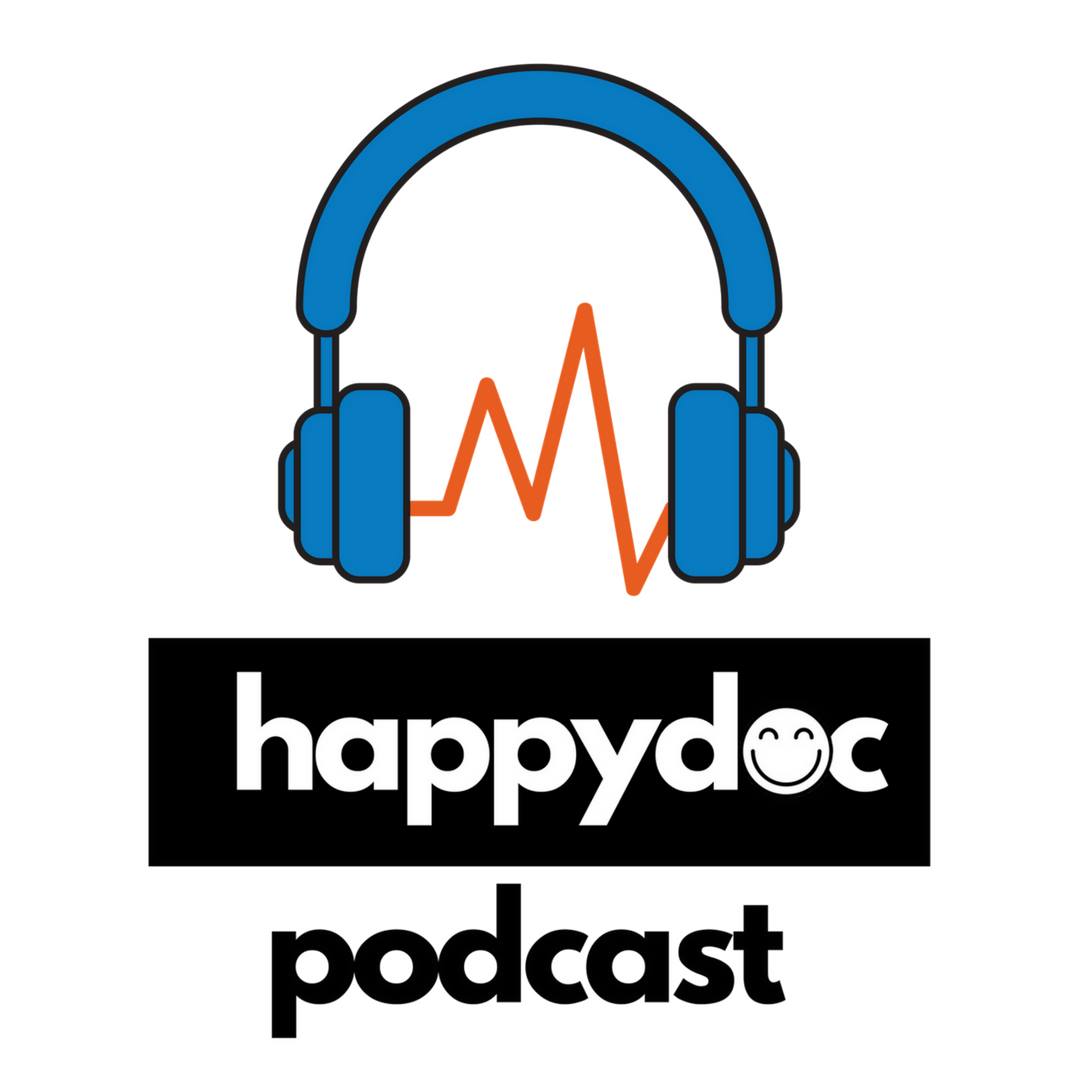
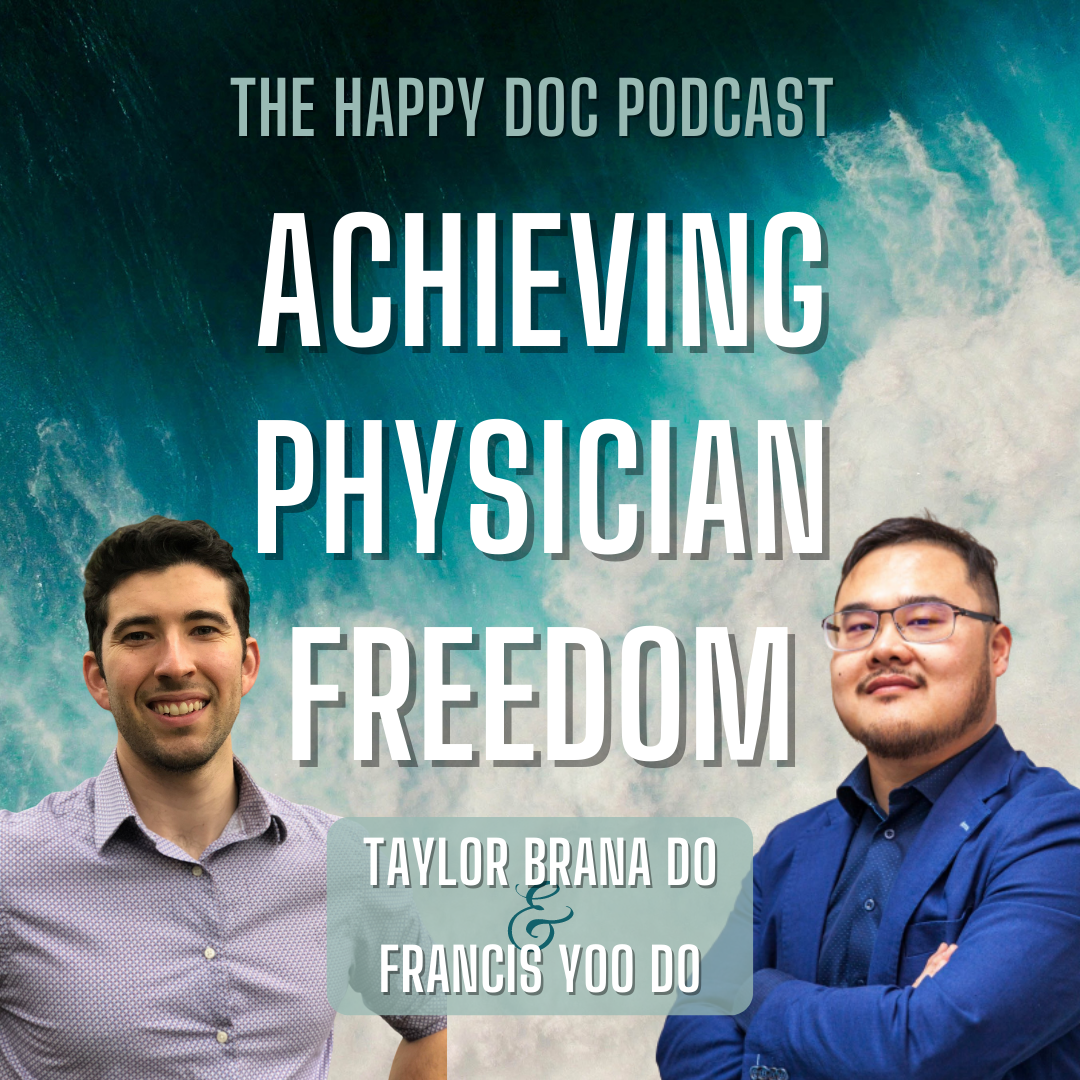
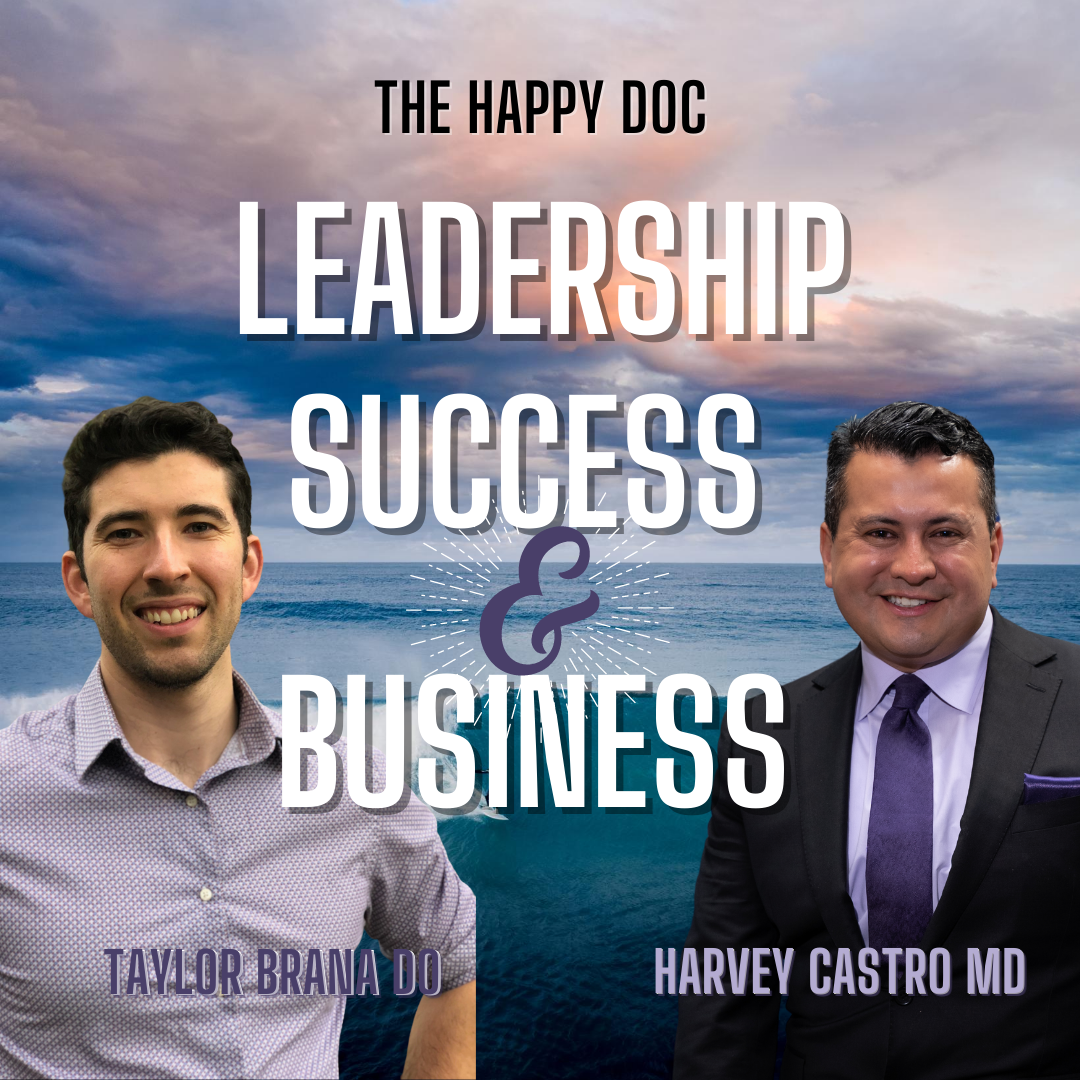
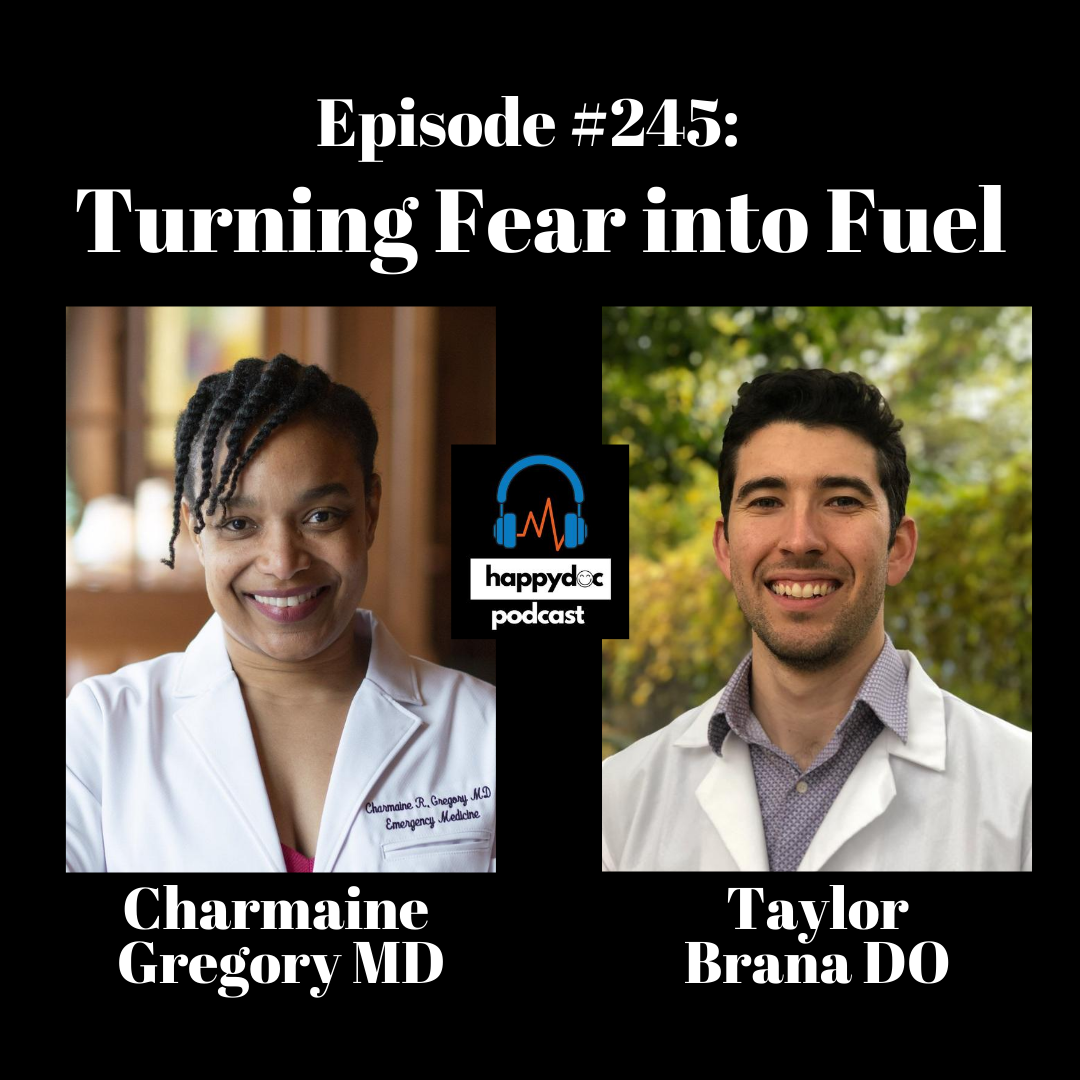
This Post Has 0 Comments